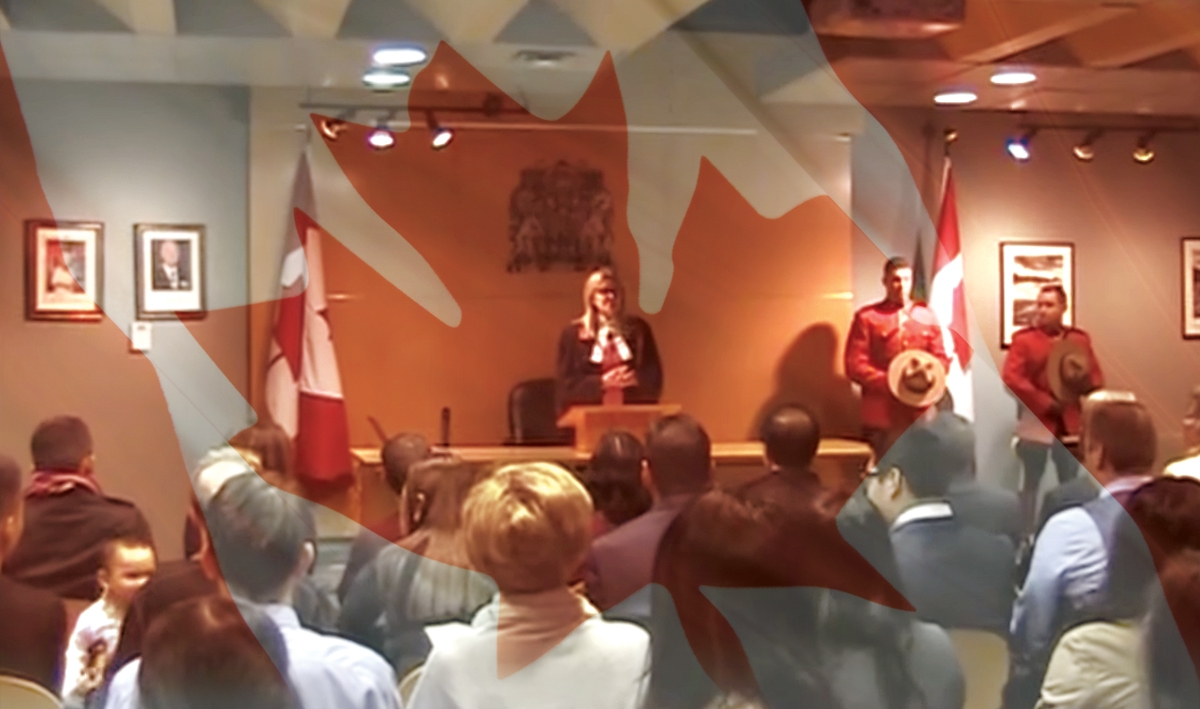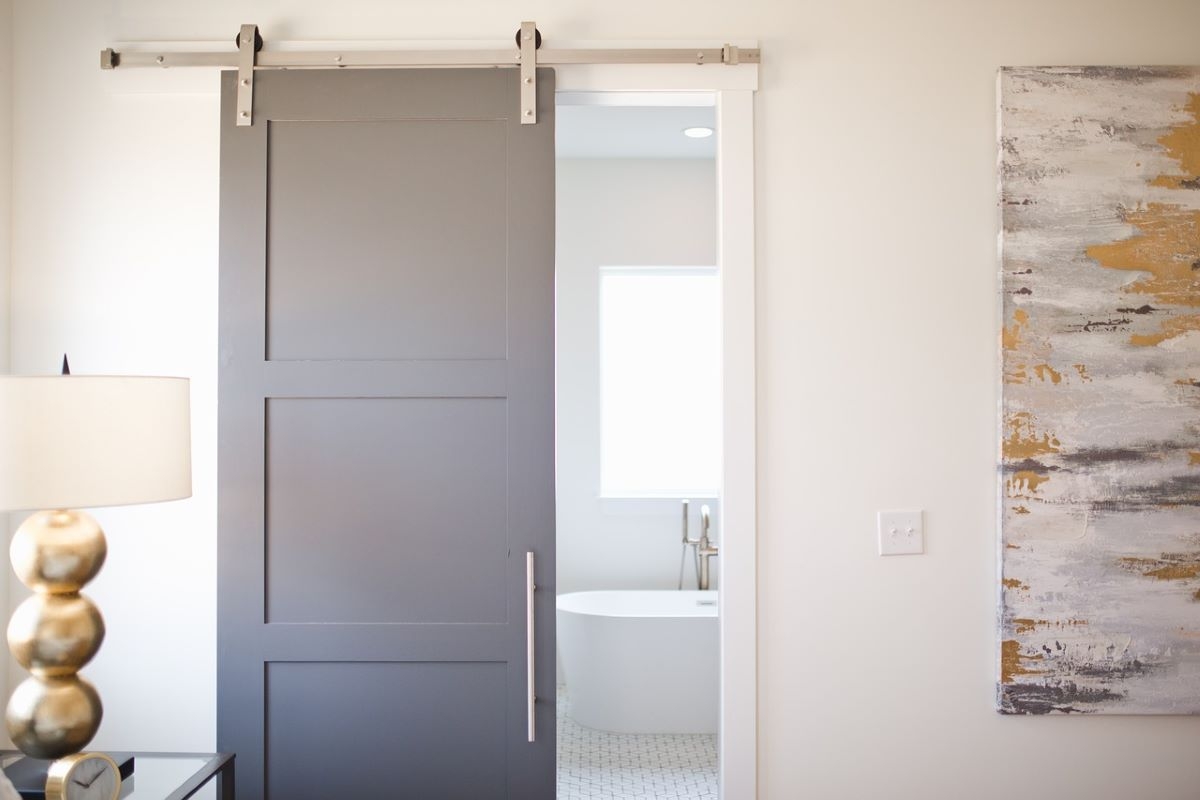
Tying the knot? Not
By: Peter Stockland
Think tank Cardus has released a new report showing a doubling of the number of middle-aged Canadians choosing to cohabitate rather than marry. In an interview with Convivium publisher Peter Stockland, report author Peter Jon Mitchell warns this social trend carries risks for society.
Stockland: There’s fascinating data from Statistics Canada about shifts in marriage among middle-aged Canadians. What’s happening, and what drew your attention as a researcher?
Peter Jon Mitchell: There's been a dramatic increase in the portion of middle-aged Canadians who are living together. A few years ago, after the 2011 census, documentation coming from Stats Can noted that the fastest growing segment of the population choosing cohabitation were people in 50s. So, I began to wonder what's happening in middle age before that. After the 2016 census, I examined the data and it showed that there's been this dramatic increase if you look over the last 20 years, from about seven per cent of middle-aged Canadians aged 40 to 54, it’s now up to 14 per cent. There’s been a doubling since 1996.
Stockland: What might explain that?
Peter Jon Mitchell: My assumption was that perhaps these were middle-aged people who had divorced and then were getting into other relationships but choosing not to marry. When we actually looked at the history, the growth is largely due to Canadians that have never married.
Stockland: So, they're either in cohabiting relationships where they’ve moved through a series of them over the course of their lives, or they’ve been in one cohabitation for several decades?
PJM: The census data is a snapshot, so it doesn't tell us exactly whether the current relationship they're in has been long term or if it's been a series. But essentially what there’s been is a loss of the marriage script, and the idea of marriage, among that age group.
We always used to think about cohabitation being something among the young, maybe they were using it as a test drive for marriage later on, or maybe they were forgoing marriage altogether. But it certainly appears that a certain segment of the population is forgoing marriage and choosing these arrangements, whether it's a series of relationships or whether it's one long-term relationship.
Stockland: It doesn't bode well when marriage is not seen as a necessary or important thing to do, does it?
PJM: I think it raises two big questions. One, it's something that's part of the larger narrative of the decline of marriage and attitudes around marriage.
Certainly, it's another indicator among all the other indicators that marriage is not seen as important, that there's sort of a malaise around marriage and its importance in society. And that plays into the bigger changes that are happening in the Canadian family where even the people who marry are marrying later. We're having fewer children.
We're having our children later. It gives us the bigger picture of how the Canadian family is changing, and that it has societal effects as well. And there may also be questions of how this influences people that are in those relationships, particularly as they start looking into their later years. So, for example, how does this impact financial planning for the future or aspects of care? One of the questions we can ask is this: Do families that cohabitate and families that marry treat their money and their resources the same way? We know from research that there is a difference.
Married couples tend to pool their money more often. They tend to make larger investments with that kind of leverage, that cooperation, whereas cohabitating couples are less likely to. So how might that affect financial planning into the retirement years? There was also a study in 2011 that suggested that cohabitating couples provide less care in the later years. That would be interesting to explore as well. What might this mean for those couples and also their extended family? Who steps in to care for who in the later years?
Stockland: What needs to be done then to help people understand that the choice between cohabitation and marriage can have a real effect on their lives in the years when they need to be preparing for old age?
PJM: Some work done by the Angus Reid Institute found that 54 per cent of middle-age men and 57 per cent of middle-age women agree with the statement that, "Marriage is simply not necessary."
So, it's really reversing that attitude and helping people understand why marriage actually matters as an institution. Marriage brings together emotional intimacy, economic cooperation, all these different elements of life together in a permanent union and that's the purpose of it. And there's a great advantage to that.
I think our other social institutions have a role to play in that, whether it's churches or places of worship that already place a value on marriage. I think it needs to be modeled as well n













